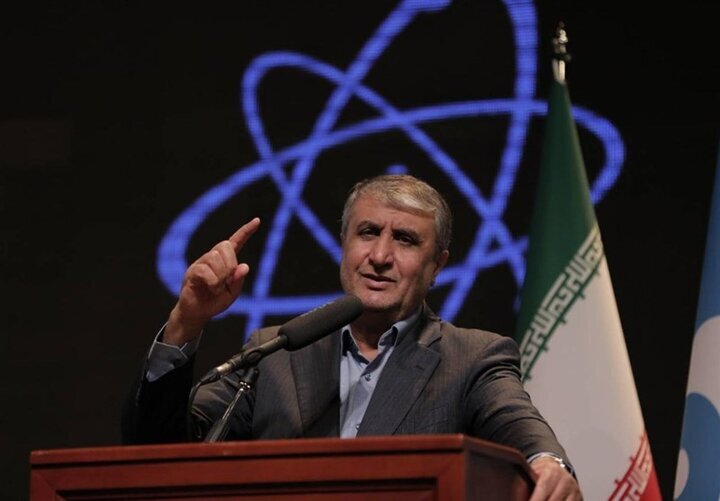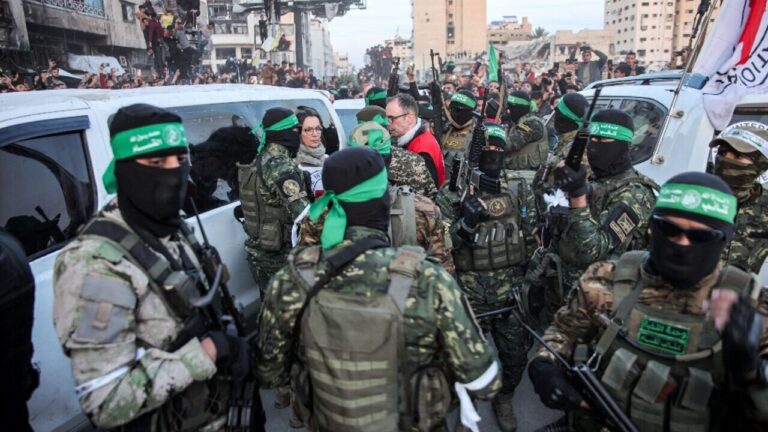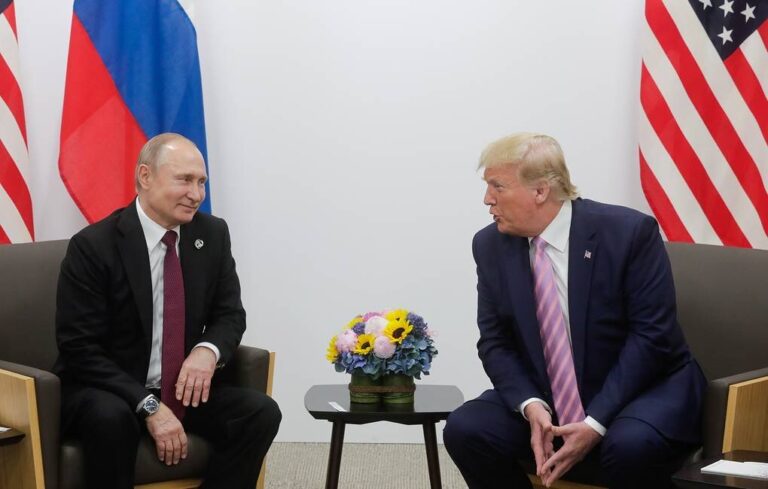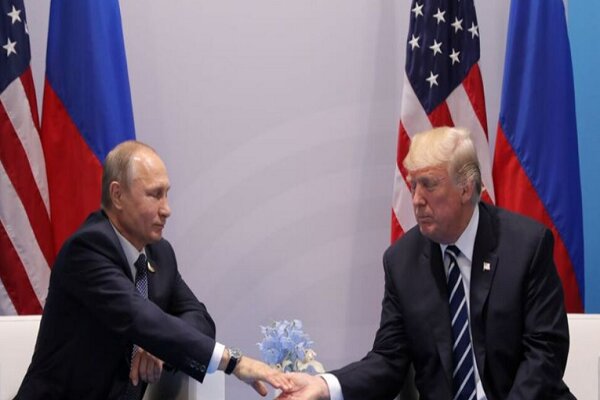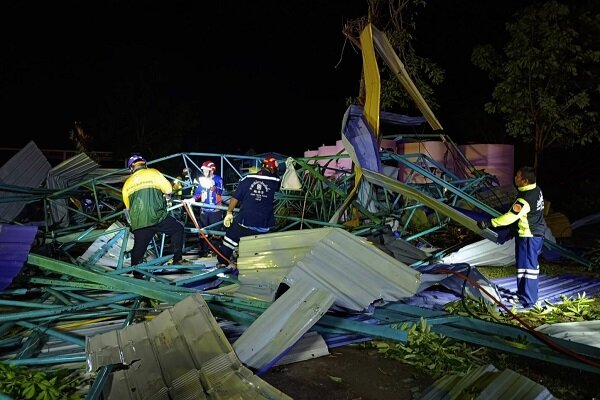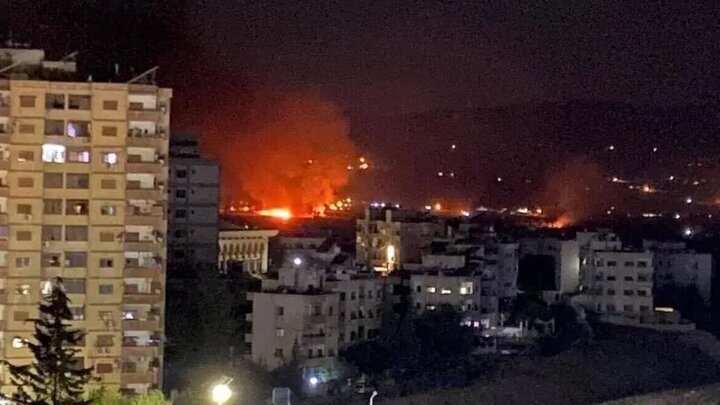Iran Responds to Trump’s Controversial Comments on Nuclear Program
The recent statements from the head of the Atomic Energy Organization of Iran (AEOI) have stirred discussions regarding Iran’s nuclear intentions. Mohammad Eslami has reiterated that the Islamic Republic is not pursuing nuclear weapons, emphasizing the peaceful nature of Iran’s nuclear energy program.
During a press briefing following a cabinet meeting on Wednesday, Eslami stated, “Trump has said that Iran should not have nuclear weapons; Iran had no intention of obtaining nuclear weapons, does not have and will not have.” This assertion underscores Iran’s commitment to its nuclear program being conducted under the framework of the Non-Proliferation Treaty (NPT).
In a different context, US President Donald Trump expressed his willingness to engage in discussions with Iranian officials, specifically mentioning Iranian counterpart Masoud Pezeshkian. This came as Trump announced plans to reinstate his maximum pressure campaign against Iran, coinciding with a series of directives he signed before his meeting with Israeli Prime Minister Benjamin Netanyahu.
Trump stated his readiness to negotiate a deal with Iran, although he also propagated unfounded claims regarding Iran’s nuclear ambitions, insisting that “Tehran can never have a nuclear weapon under any circumstances.”
Iran’s leadership has consistently clarified its position. The nation asserts that it does not seek nuclear weapons and that its nuclear advancements are intended solely for peaceful purposes. This stance is reinforced by a Fatwa issued by the Leader of the Islamic Revolution, which explicitly prohibits the possession and use of weapons of mass destruction.
Key points from the recent developments include:
- Iran’s Commitment to Peaceful Nuclear Energy: The AEOI emphasizes that Iran’s nuclear technology is dedicated to civil applications.
- Trump’s Approach: The US President expresses a willingness to negotiate while simultaneously ramping up pressure on Iran.
- Reaffirmation of Iran’s Position: Iranian officials continue to assert that the country does not aim to develop nuclear weapons.
- Fatwa Against WMDs: Iran’s leadership has a formal religious decree banning weapons of mass destruction.
In addition to these points, the geopolitical landscape surrounding Iran’s nuclear program remains complex. The international community closely monitors the situation, particularly the implications of US policy changes and Iran’s responses. The ongoing dialogue—or lack thereof—between Iran and the United States is pivotal in shaping the future of nuclear non-proliferation in the region.
As discussions continue, it is essential to consider the broader implications of these statements and policies on global security and diplomatic relations. The situation reflects a critical juncture in international relations, particularly concerning nuclear weapons and energy policies.
In conclusion, while the rhetoric surrounding Iran’s nuclear intentions continues to generate debate, the Iranian government maintains that its focus is on developing a peaceful nuclear energy program. The AEOI’s statements and the historical context of Iran’s nuclear policy underscore the nation’s commitment to non-proliferation principles, despite external pressures and allegations.
